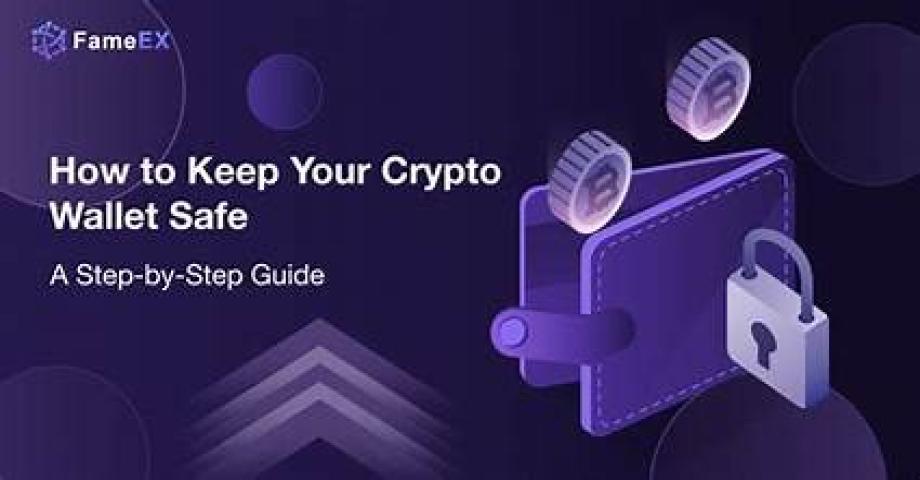




The world of crypto is full of potential — but let’s be honest, it’s also full of traps. From phishing scams to rug pulls, crypto’s decentralized and largely unregulated nature can make it a magnet for fraudsters. But here’s the good news: with a little knowledge and some smart habits, you can navigate the space safely and confidently. Whether you’re just getting started or already deep in DeFi, here are the key ways to protect your funds and your future. 🚨 Common Types of Crypto Scams Phishing Attacks Fake websites, emails, or DMs asking you to “verify your wallet” or “claim an airdrop.” These are designed to steal your private keys or seed phrase. Rug Pulls A flashy new project launches, people invest — and the developers disappear with the funds. Classic in DeFi and meme coin spaces. Ponzi Schemes “If you invite 3 friends, you’ll double your money!” If it sounds too good to be true — it is. Fake Wallets & Apps Lookalike apps on the Play Store or App Store can trick users into downloading malware or giving up sensitive info. Pump and Dump Groups Telegram or Discord groups that coordinate to pump a coin, then dump it on unsuspecting newcomers. Giveaway Scams “You just won 5 ETH! Just send 0.5 ETH to verify.” These are all over social media — and always fake. 🛡️ How to Stay Safe in Crypto 1. Never Share Your Seed Phrase. Ever. Your seed phrase (or recovery phrase) is like the master key to your wallet. If someone gets it, they can drain everything. ➡️ Store it offline. Never type it into a website or share it with anyone. 2. Use Reputable Wallets & Exchanges Stick to well-known platforms like MetaMask, Coinbase, Ledger, Trust Wallet, Binance, etc. Always verify URLs (bookmark them!) and double-check app publishers. 3. Enable Two-Factor Authentication (2FA) Always add 2FA to your exchange accounts and wallets. Use apps like Google Authenticator instead of SMS for better security. 4. Beware of DMs & Fake Profiles Scammers often impersonate crypto influencers, support staff, or even friends. ➡️ No legit project will DM you first asking for funds or credentials. 5. Do Your Own Research (DYOR) Before investing in any coin or project: Read the whitepaper Research the team (Are they doxxed? Are they real?) Check their community activity (Telegram, Twitter, Discord) Look for independent audits if it’s a DeFi platform 6. Use Hardware Wallets for Large Funds Hardware wallets like Ledger or Trezor keep your keys offline — making them immune to online hacks or phishing. 7. Watch for Red Flags 🚩 Unrealistic returns 🚩 Anonymous teams 🚩 No clear use case 🚩 Copy-paste websites 🚩 Aggressive marketing or FOMO tactics If it smells fishy, it probably is. 8. Double-Check Smart Contracts When using DeFi, always make sure you're interacting with the official contract. Use Etherscan, BscScan, or official links from project websites. 🧠 Pro Tips for Staying Ahead Bookmark important sites — don’t rely on Google search results (they’re often filled with ads from scam sites). Use a separate wallet for risky tokens or testing DeFi dApps. Keep software up to date — including wallets, browsers, and your OS. Stay informed — follow reliable crypto news sources and security alerts (e.g. CoinDesk, The Block, SlowMist, Certik).